Do Exosomes Matter?
At AACR17 one of the fascinating topics that came up in several presentations was exosomes, what they are, and how the information they contain can be used to best effect.
At #AACR17 Dan Haber says plasma, CTCs, exosomes together help predict pts at high risk for cancer progression
— Rosandra Kaplan (@rosiekaplanmd) April 4, 2017
One of the evangelists of exosomes, and their potential in cancer research is Theresa Whiteside, PhD who is a Professor of Pathology, Immunology and Otolaryngology at the University of Pittsburgh.
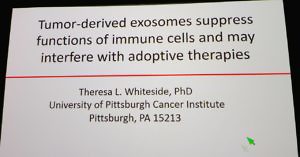 At the recent 2017 American Association for Cancer Research (AACR) annual meeting, Dr Whiteside gave two fascinating talks in education symposia. Afterwards, she kindly spoke to BSB about her research.
At the recent 2017 American Association for Cancer Research (AACR) annual meeting, Dr Whiteside gave two fascinating talks in education symposia. Afterwards, she kindly spoke to BSB about her research.
Love them or hate them, exosomes were a hot topic in Washington DC and something you should be aware of, if you aren’t already.
LOTS of discussion on #exosomes and other extracellular vesicles at #AACR17-for understanding cell communication, liquid biopsy, & TME biol.
— Emil Lou, MD, PhD (@cancerassassin1) April 4, 2017
This post continues our volley of expert interviews from AACR17 and is the ninth in the series.
Subscribers can login to read this in-depth interview
This content is restricted to subscribers
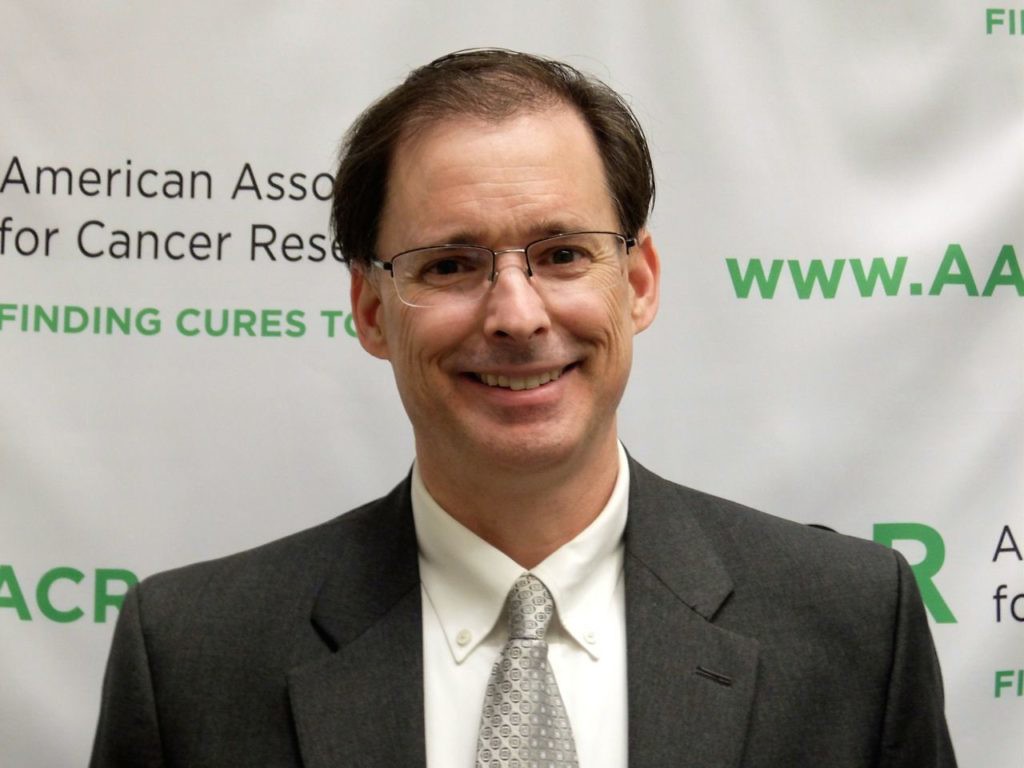
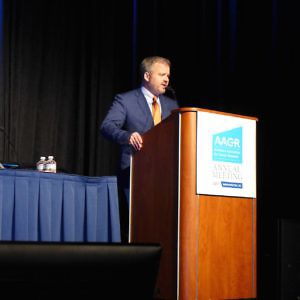 Long time attendees at the annual meeting of the American Association for Cancer Research (AACR) know that there are usually interesting posters and sessions buried on the last day of the meeting.
Long time attendees at the annual meeting of the American Association for Cancer Research (AACR) know that there are usually interesting posters and sessions buried on the last day of the meeting.
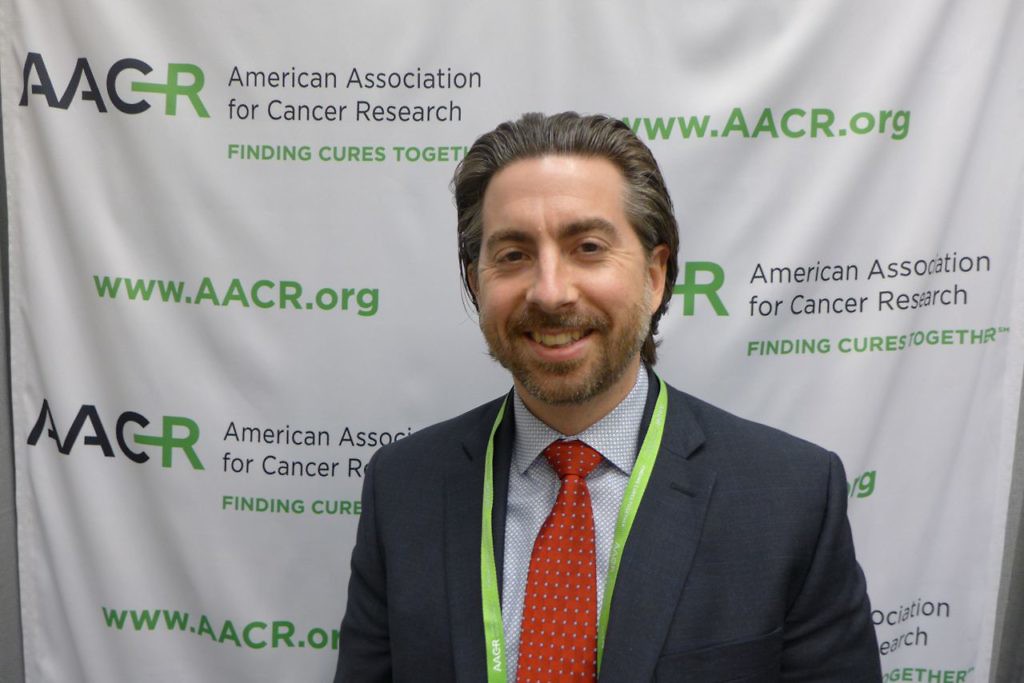
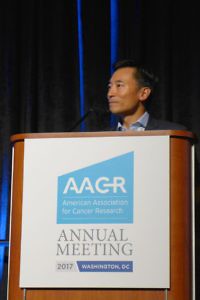
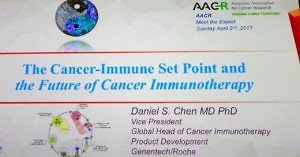 At AACR17, Dr Chen kindly spoke to BSB about his vision for cancer immunotherapy. Anyone who has seen the film, “Jerry Maguire” starring Tom Cruise will remember the moment when Jerry drafts the memo on “The future of our business.”
At AACR17, Dr Chen kindly spoke to BSB about his vision for cancer immunotherapy. Anyone who has seen the film, “Jerry Maguire” starring Tom Cruise will remember the moment when Jerry drafts the memo on “The future of our business.”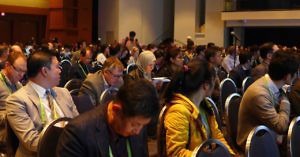
 With this in mind, the annual meeting of the
With this in mind, the annual meeting of the 
